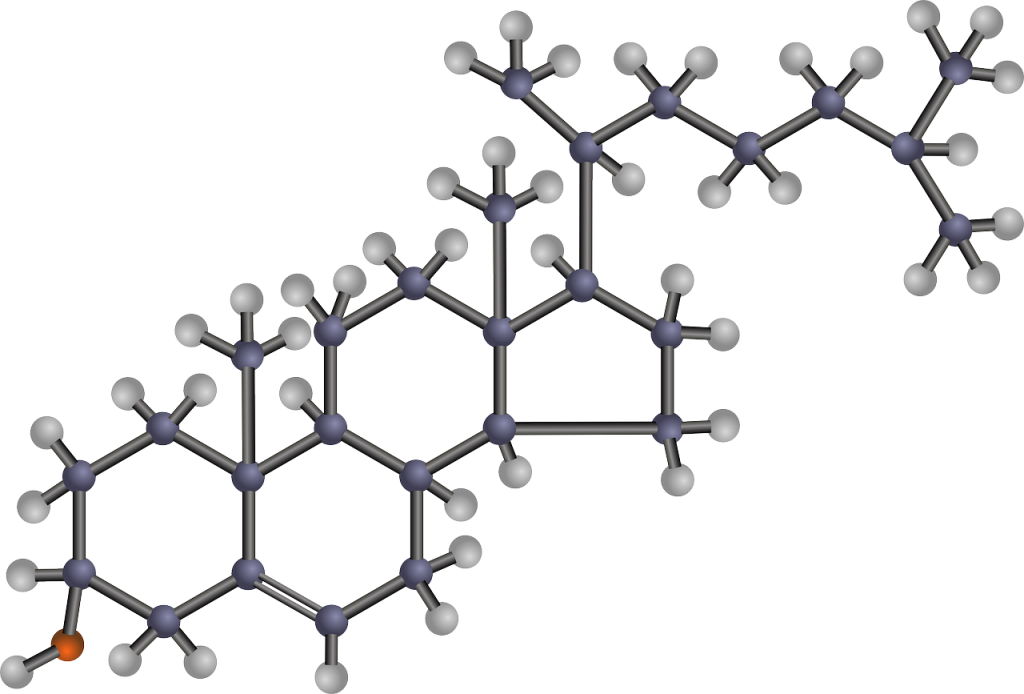Diabetes:
Diabetes is a chronic condition that affects how the body uses glucose, a form of sugar that is a primary source of energy. The two most common types of diabetes are type 1 diabetes and type 2 diabetes. Type 1 diabetes is an autoimmune disorder in which the body’s immune system attacks and destroys the cells in the pancreas that produce insulin, a hormone that regulates blood sugar levels. Type 2 diabetes, on the other hand, occurs when the body becomes resistant to insulin or does not produce enough insulin to maintain normal blood sugar levels.
Risk factors for type 1 diabetes include genetics and environmental factors such as exposure to viruses, while risk factors for type 2 diabetes include obesity, a sedentary lifestyle, and genetics. Symptoms of diabetes may include frequent urination, excessive thirst, increased hunger, blurred vision, and fatigue.
Complications of diabetes can include heart disease, stroke, kidney disease, nerve damage, and eye damage. Treatment for diabetes typically involves lifestyle changes such as a healthy diet and regular exercise, as well as medications such as insulin or oral medications that help lower blood sugar levels.
Cholesterol:
Cholesterol is a type of fat that is produced by the liver and is essential for the body to function properly. Cholesterol is transported in the blood by lipoproteins, including low-density lipoprotein (LDL) and high-density lipoprotein (HDL). LDL cholesterol is often referred to as “bad” cholesterol because it can build up in the walls of arteries, leading to atherosclerosis and an increased risk of heart disease and stroke. HDL cholesterol, on the other hand, is often referred to as “good” cholesterol because it helps remove excess cholesterol from the blood and arteries.
Risk factors for high cholesterol include
a diet high in saturated and trans fats, obesity, lack of physical activity, smoking, and genetics. Symptoms of high cholesterol typically do not present themselves, which is why it is important to have regular cholesterol screenings to identify and manage high cholesterol levels.
Treatment for high cholesterol typically involves lifestyle changes such as a healthy diet and regular exercise, as well as medications such as statins, which are a type of drug that helps lower LDL cholesterol levels. Other medications may also be prescribed to raise HDL cholesterol levels or lower triglycerides, another type of fat in the blood.
Relationship between Diabetes and Cholesterol:
Diabetes and cholesterol are closely related because people with diabetes are at an increased risk for high cholesterol levels, particularly high LDL cholesterol levels. This is because high blood sugar levels can damage the walls of arteries, making it easier for LDL cholesterol to build up and form plaques. These plaques can eventually block blood flow to the heart and other organs, leading to serious complications such as heart disease and stroke.
Furthermore, people with diabetes are more likely to have low HDL cholesterol levels, which can further increase their risk of heart disease. This is because insulin resistance, a hallmark of type 2 diabetes, can reduce the ability of the liver to produce HDL cholesterol.
Managing both diabetes and cholesterol is critical to reducing the risk of heart disease and other complications. Lifestyle changes such as regular exercise, a healthy diet, and quitting smoking can help lower cholesterol levels and improve blood sugar control. Medications such as statins may also be prescribed to lower LDL cholesterol levels, and medications to raise HDL cholesterol levels or lower triglycerides may also be prescribed in certain cases.
In conclusion, diabetes and cholesterol are two closely related conditions that require ongoing management to reduce the risk of serious complications. Working with a healthcare provider to develop a personalized treatment plan that includes lifestyle changes and medication can help individuals with diabetes and high cholesterol live a healthier and longer life.
